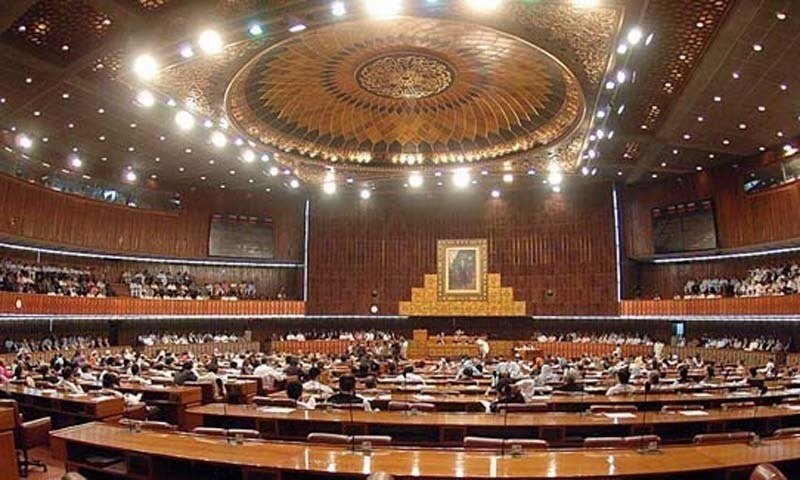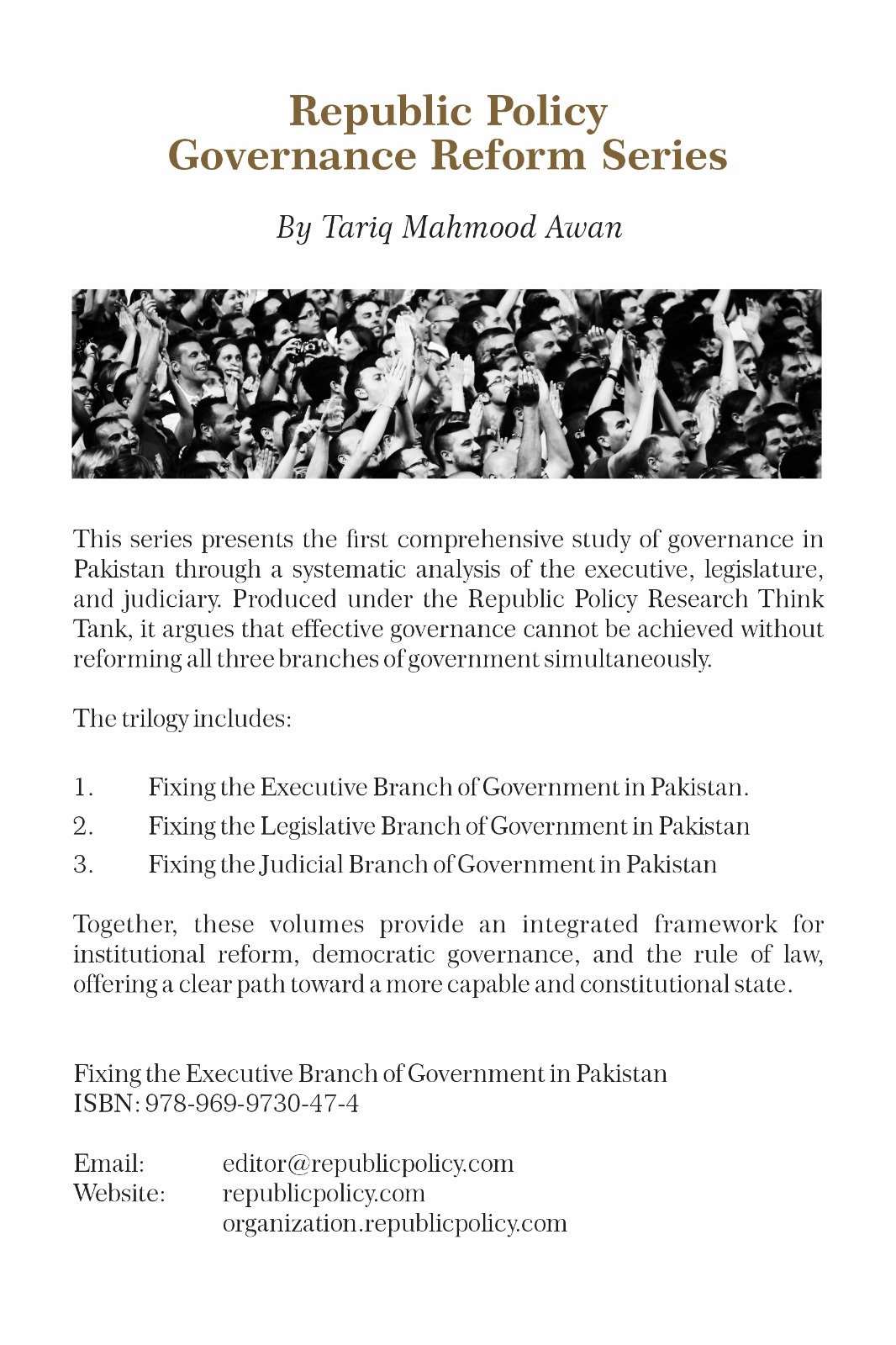The fiscal year 2024 showed positive changes in important economic measures after two tough years, according to the Governor’s Annual Report from the State Bank of Pakistan released on Friday.
This report is required by law to inform Parliament about the Bank’s goals, monetary policy actions, and the state of the economy and financial system.
The report mentions that inflation decreased in FY24, especially in the second half of the year, due to strict monetary policies, better financial management, and lower global commodity prices.
The SBP Governor stated that banking innovation fuels economic growth.
The report also highlights an easing of external economic pressures, helping to increase foreign exchange reserves and stabilize the exchange market. There was some growth in agriculture-led GDP, helped by a small recovery in manufacturing after a significant decline in FY23.
While signs of improvement in macroeconomic conditions were noted early in FY24, the SBP decided to keep interest rates at 22% to avoid worsening inflation.
This decision coincided with a balanced fiscal policy, resulting in the first primary surplus in 17 years, decreasing the public debt in relation to GDP.
Inflation continued to fall in the latter half of FY24, supported by a more stable exchange rate and a significant drop in the current account deficit, alongside a $3 billion agreement with the IMF that improved the economic climate since June 2023.
Financial support from international creditors and deposits from friendly nations boosted market morale and added to exchange rate stability. The economy also benefited from lower commodity prices and some improvement in global growth.
The report noted a steady decline in overall and core inflation, allowing the monetary policy committee to reduce interest rates by 1.5% to 20.5% in June 2024—the first reduction in over two years.
In terms of financial system stability, the report highlighted that the financial sector remained strong, providing loans and services despite high inflation. Bank deposits increased due to high-interest rates, while loan defaults were kept in check.
The SBP is also making progress with initiatives aimed at improving financial inclusion, including the National Financial Inclusion Strategy and a policy to support gender inclusion in finance.
Additionally, the SBP introduced new standards to improve compliance in Islamic banking and launched a new payment service to enhance digital transactions. The report also mentioned a key agreement with the Arab Monetary Fund to connect the Raast payment system with their cross-border payment system.














